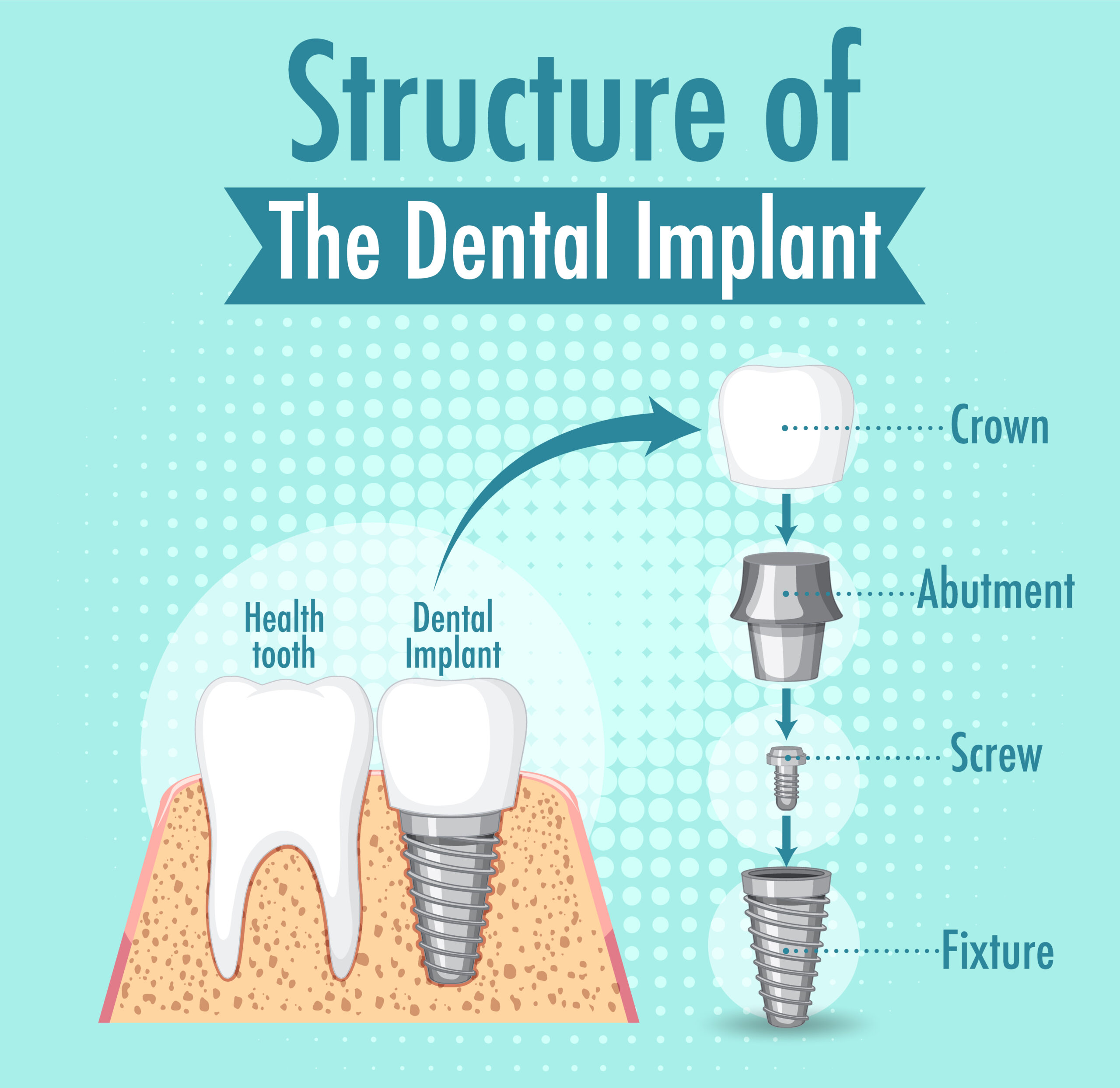Choosing between a dental implant and a bridge depends on several factors, including your oral health, bone density, budget, and personal preferences.
Dental Implant: A dentist surgically implants a titanium screw into the jawbone to act as a root for an artificial tooth. It has many advantages;
Looks and feels like a natural tooth.
Prevents bone loss by stimulating the jawbone.
Lasts for longer period of time, 15-20 years or more with proper care.
Does not require alteration of neighboring teeth.
Dental Bridge: A dentist anchors an artificial tooth to adjacent teeth using crowns, creating a dental bridge. This process requires altering neighboring teeth by grinding them down to support the bridge. However, a dental bridge does not prevent bone loss in the gap where the tooth is missing. Additionally, maintaining good oral hygiene is more challenging with a bridge, as food particles can become trapped beneath it.
Considerations
- Age and bone health: Implants are ideal for younger individuals or those with good bone density, as they preserve bone structure. For older individuals, or if bone health is compromised, a bridge might be better.
- Adjacent teeth: If the neighboring teeth are healthy, an implant may be preferable. If the adjacent teeth are damaged or heavily filled, a bridge could be a good choice.
- Cost and budget: Implants have a higher upfront cost but may be more cost-effective over time due to their durability.
- Time constraints: If you need a quicker solution, a bridge is faster.





